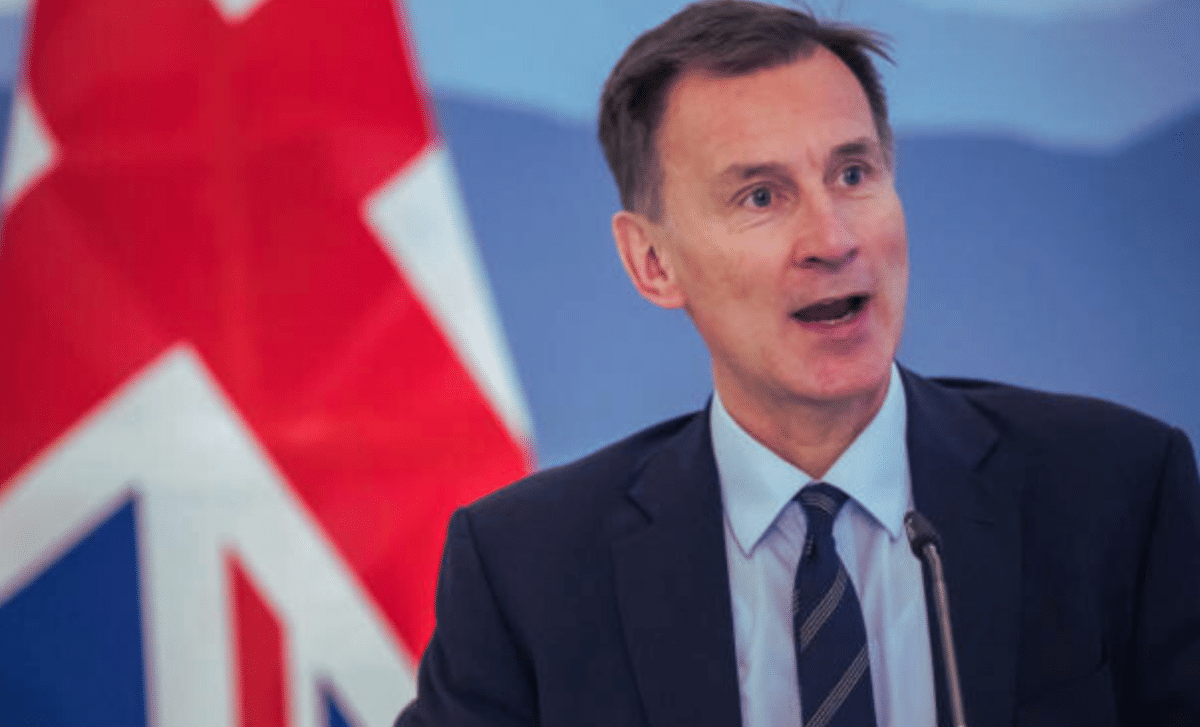As the eagerly anticipated Budget announcement approaches this Wednesday, Jeremy Hunt has dropped hints suggesting a potential introduction of tax cuts. This strategic move, if implemented, could have significant implications for various sectors, stirring anticipation and speculation among both policymakers and the public alike.
Chancellor Jeremy Hunt Faces Calls for Tax Cuts
With increasing pressure from within the Conservative Party, Chancellor Jeremy Hunt is facing a pivotal moment as he navigates the prospect of tax reductions in the upcoming Budget. The current tax rates, deemed historically high, have prompted calls from Tory MPs for a decrease. In an interview with a renowned broadcasting channel, Hunt revealed his intention to outline a trajectory toward a lower-tax economy. However, he emphasized the need for a “responsible” approach to such changes.
As the political landscape braces for potential tax adjustments, Labour has been quick to critique, asserting that the aftermath of over a decade of Conservative governance has left citizens worse off, irrespective of Hunt’s decisions. The political debate surrounding fiscal policies intensifies as the Chancellor contemplates measures aimed at alleviating the tax burden on the public.
One notable consideration on Hunt’s agenda is the possibility of further reducing national insurance rates. This follows last year’s Autumn Statement, where a reduction from 12% to 10% was already implemented.
The exploration of such measures raises questions about their potential impact on the economy, public finances, and the broader political discourse on taxation.
The Chancellor’s balancing act between meeting party expectations and ensuring responsible fiscal management adds a layer of complexity to the Budget deliberations.
In an interview with a renowned news program, Mr. Hunt highlighted that the upcoming Budget, outlining the government’s fiscal plans, will prioritize “long-term growth.”
“When we look around the world, the economies that are growing fastest, whether it’s North America or Asia, tend to be the ones with lower taxes,” he said.
Mr. Hunt suggested the government has always said it would only cut taxes in a way that was “responsible and prudent.”
He continued: “The most unconservative thing I could do would be to cut taxes by increasing borrowing. But I do want, where it’s possible to do so responsibly, to move towards a lower-tax economy, and I hope to show a path in that direction.”
Chancellor Hunt Faces Tax Dilemma as Election Looms and Record Tax Levels Approach
Despite the national insurance cuts implemented last year and the looming general election expected by the end of January, the overall tax burden on individuals is set to hit record levels. At the beginning of this year, the Office for Budget Responsibility (OBR), the government’s independent economic forecaster, projected that the chancellor would have approximately £30bn of “headroom” for the Budget.
This estimate factored in a notable drop in borrowing costs, potentially allowing for more flexibility in tax reductions. However, recent developments reveal a reversal in borrowing costs, with figures returning to around £13bn by mid-last month, mirroring the November levels.
This shifting financial landscape, coupled with pressure from government spending guidelines, OBR constraints, and the desire among Tory backbenchers for tax reductions, presents a challenging scenario for the chancellor.
Despite these challenges, there is widespread anticipation in Westminster that some tax cuts will be announced, even if they prove to be relatively modest.









